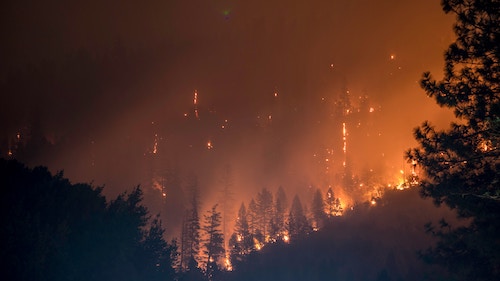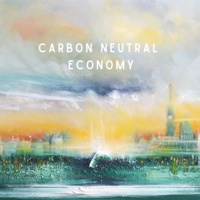Forest fires are a fact of life in Canada. Every year, thousands of fires break out in Canadian forests. Most of these firest are small, but a few grow to engulf hundreds – or even thousands – of hectares. Forest fires are part of the natural cycle, playing an important role in renewing forest ecosystems. However, climate change is worsening these fires. Canada is experiencing more, larger, and more dangerous fires, impacting biodiversity and threatening animal and human lives alike.
A recent CBC News article discusses the high public cost of these forest fires. The price tag includes the amount spent directly on firefighting, an amount that has exceeded $1 billion in six of the last ten years, as well as property damage caused as towns and cities burn. However, indirect costs are more challenging to account for, such as the increased burden on the health care system as people suffer long-term effects from smoke inhalation and decreased air quality. The decline of biodiversity isn't even counted, as ecosystem health is absent from most public accounting measures. Although economists have developed models for assessing the impacts of climate change, the Government of Canada still argues that the potential benefits of fighting climate change can't be measured for public accounting purposes.
It is clear that fighting climate change requires political will. Even though economists believe that the financial burden of climate change can be calculated, it should not be deemed necessary to justify public spending on environmental protection. Just ask the people breathing smoke about the impacts of failing to address the climate crisis!

Photo by Matt Howard on Unsplash
- Log in to post comments



CRC Comments